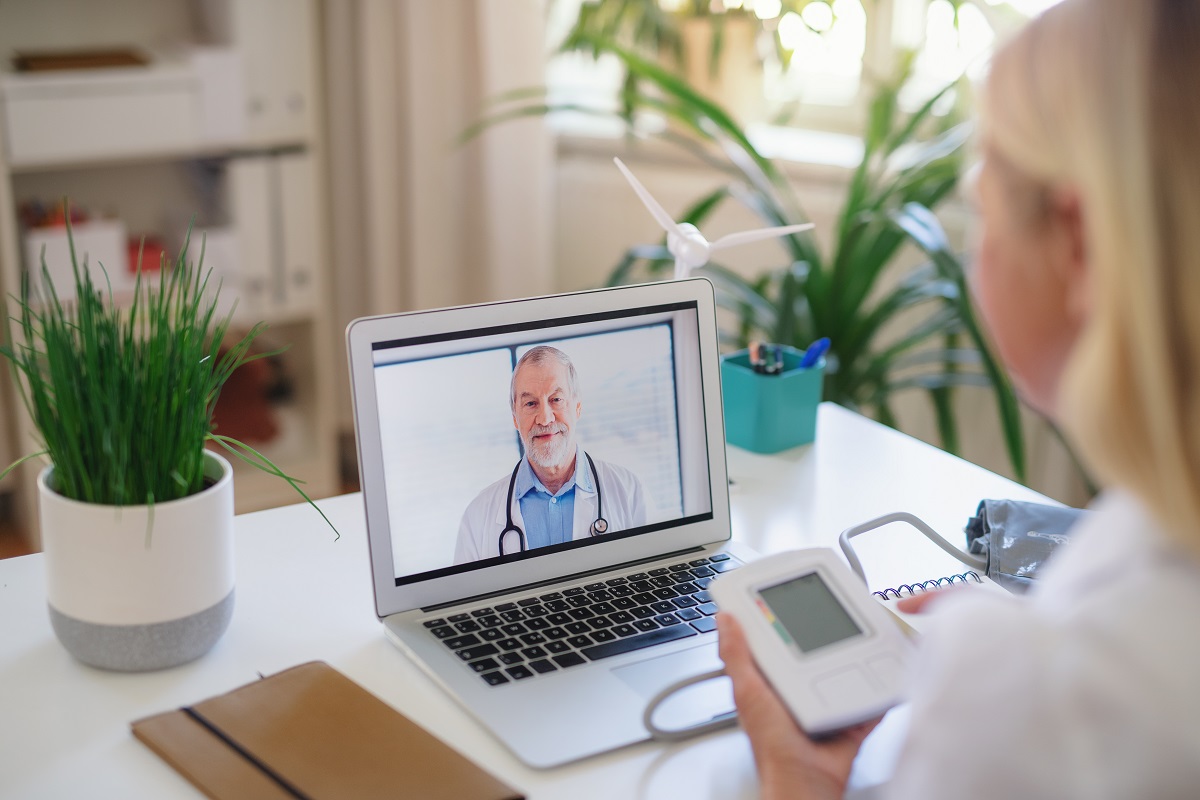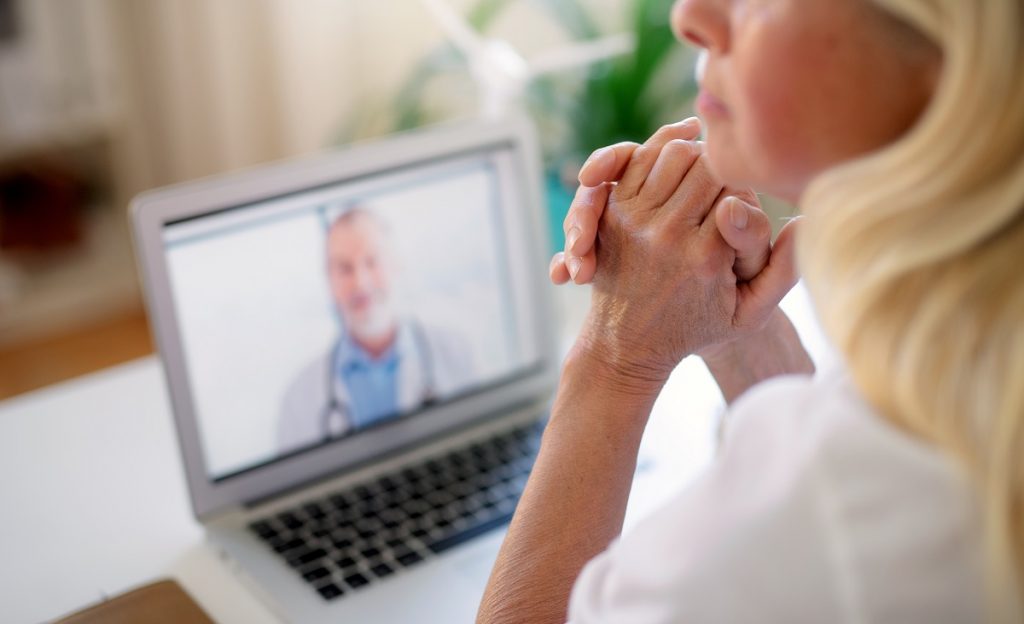
Telemedicine is a way for patients to get the recommendation they need for a medical marijuana card. The Covid-19 health emergency pushed telemedicine regulations in states that required in-person appointments. A preventative measure that helped patients reduce the risk of viral infection.
Telemedicine allows patients to stay at home. A visit online to a provider allows the patient to book an appointment. The evaluating physicians have pre-visit requirements, that include providing health history. And a list of medications and other information. Patients are also required to provide proof of permanent residency in the state. And government-issued photo identification.
It seems like a very thorough process because it is designed to prevent fraud. A recent case in Missouri may prompt state regulators to consider a seal or a two-step authorization. This would allow patients to determine the legitimacy of the physician providing the service online. Because right now, patients can’t tell if they are trusting a real physician or a fake provider.
As of June 19, 2020, Missouri had licensed 52,600 patients for the medical marijuana program. Over 600 patients submitted a letter with a false signature. The office of Medical Marijuana Regulation saw the physician name provided did not match.
So, what happened? Apparently, a fraudster created a website and assumed the identity of a certified physician. The individual accepted payment and conducted telemedicine appointments with the patients. Following all the steps required, including issuing a letter of recommendation. The patients took the letters and uploaded them as part of the registration process for their marijuana card.
The patients had no idea they were not speaking to a certified physician. Or that the website was created by a fraudster. The physician had no knowledge of the issue. He was determined to be a victim of identity theft, and he was exonerated.
For 600 patients and/or caregivers in Missouri, they must now recertify their medical cannabis card. The state provided 30-days for patients to acquire a new evaluation. Those that cannot re-certify in that period will have their medical marijuana cards invalidated.
Patients will not be refunded the amount they paid (and lost) as a result of the fraud scheme.
However, Dr. Randall Williams, director of the DHSS stated:
“Our main concern is how this fraudulent activity negatively affects patients, and we are working to minimize the impact on them while also holding accountable those who are responsible.”
Source Web 2020: St. Louis Post Dispatch
Many patients may opt to visit a doctor in person this time, after the negative telehealth experience. The fraud was referred to the Missouri Attorney General’s office and the Missouri Board of Healing Arts.
Traditional pharmacies cannot carry medical cannabis in the United States. In fact, you aren’t even allowed to call your doctor recommends a ‘prescription’. That title is reserved for federally approved and regulated drugs. And medical cannabis is still restricted under Schedule I. American pharmacies are regulated by the Food and Drug Administration (FDA) as well as the state.
A marijuana doctor cannot recommend a dispensary to a patient by law. Nor can a doctor have an office in a dispensary. The conflict of interest prohibits physicians from profiting from medical cannabis purchases. In the earliest days of legalization in California, they had offices inside dispensaries. But the legal accommodation was quickly changed. Referring physicians must be independent of the business activities of a retail dispensary.
The Covid-19 health emergency has defined how important telemedicine evaluations are. And instances of fraudulent identity among evaluating physicians are rare. If states keep telemedicine evaluations, it will improve access for qualified patients. And make it easier for them to become registered patients online, without leaving home. In-office visits don’t always work for patients or caregivers. Depending on the severity of the patient’s symptoms and condition.

First-time registrants in medical cannabis programs may not have experience researching physicians online. They may not know where to check for fraud reports. Or find information that can help validate a certified physician.
Here are five ways patients can protect themselves from fraud when booking a telemedicine appointment:
Don’t embarrassed if you were a victim of fraud. The way that online fraudsters design websites can be confusing! They look like legitimate medical offices, and they are designed by professionals. Anyone could make the same mistake. Don’t hesitate to report your case to the authorities.
If you were a victim of fraud, be sure to report the problem to the authorities. Also, make sure that you report it to your state authority, so they can act and protect other patients.
No Information on MarijuanaDoctors.Com should be used to diagnose, treat, prevent or cure any disease or condition. You can view our Full Disclaimer here.